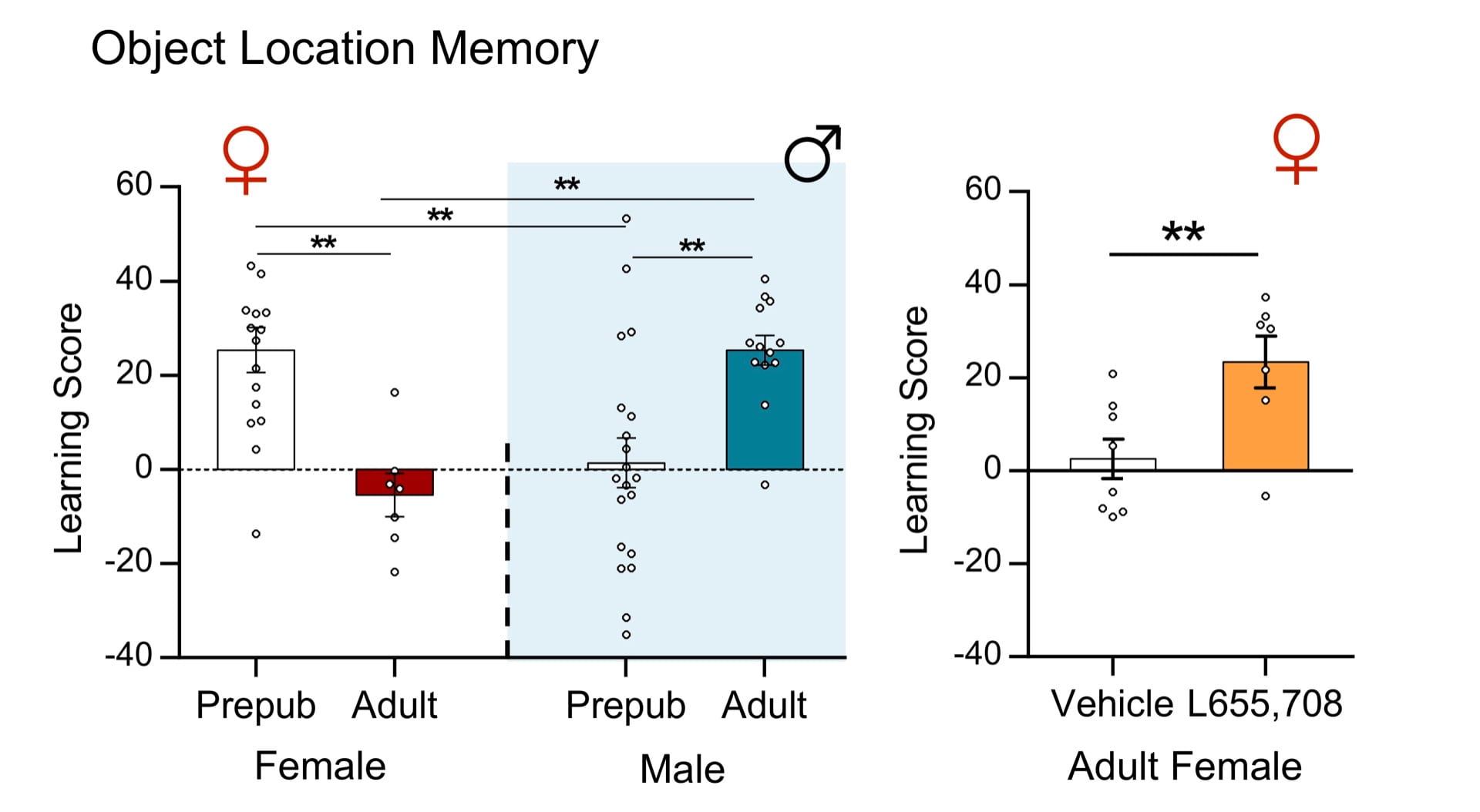Antibiotics may help eradicate ticks and tick-born diseases, UC Irvine researchers find
Bacteria that may provide ticks with nutrients they can’t get from their meals of blood could be a key to…
Bacteria that may provide ticks with nutrients they can’t get from their meals of blood could be a key to controlling ticks and the diseases they carry, a new study published today in the PLoS ONE shows. UC Irvine professor Dr. Alan G. Barbour and researchers Jianmin Zhong and Algimantas Jasinskas found that certain antibiotics reduced the number of bacteria in ticks and thus retarded growth in immature ticks and reduced reproduction by females. “The significance is that control of ticks as vectors of disease and as pests for humans, pets and agricultural animals might be achieved by targeting inborn bacteria that the ticks depend on for achieving full growth and reproduction,” Barbour said.


